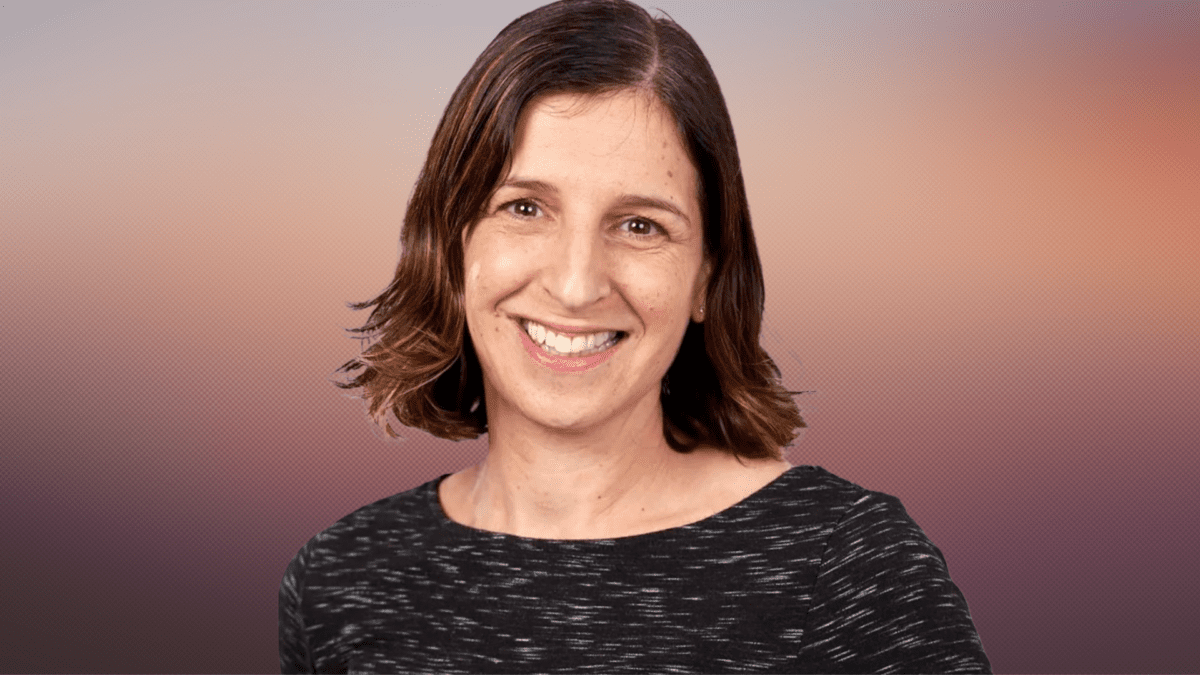Stockspot: Fat Cats vs. Fit Cats
This week Stockspot released its yearly 2020 Fat Cat Funds Report. The report was put together to expose the best and worst-performing superannuation funds throughout the year, in a bid to drive lower fees, improve performance and bring about change. Stockspot compared 600 multi-asset investment options offered by Australia’s largest 100 super funds to find the best (fit cats) and the worst (fat cats). Funds were assessed on performance, compared to other super options of similar risk over five years; not unlike APRA’s Heat Map. The report put together super funds using the four following categories: Aggressive Growth, Growth, Balanced and Moderate Super Funds. In this article we have compared the Aggressive Growth and Balanced Super Fund option performance.

In this year’s report, Stockspot paints a bleak picture for the likes of AMP, OnePath and Macquarie, which have been listed among the worst superannuation funds in the Balanced and Aggressive Growth categories. In fact, it seems AMP was the primary target of the report. AMP bottomed the charts, with 12 “fat cat” funds followed by OnePath with 11 fat cat funds and Macquarie with five. On the flip side, the “fit cat” funds topping the list were UniSuper with 7, IOOF with five, and AustralianSuper with four funds.
Is the outperformance and underperformance due to investment capability or is there another factor at play here, such as fees?
Stockspot puts it all down to fees. Superannuation fund members spend almost $35 billion on fees every year and this is one of the main reasons that corporate super funds such as AMP and OnePath keep losing out. According to Stockspot for the balanced super fund, the average fit cat fund fee was 0.85% (a year) in comparison to the fat cat average of 2.04%. That difference is enough to throw a fund into the fat cat category.
AMP has been a Fat Cat for eight years in a row, and the report did single out AMP’s Capital’s Dynamic Markets Fund as having the worst return of -2.2%. Yet with assets of just $200 million the fund isn’t part of AMP Capital’s core multi-asset group, but is more a specialised strategy run by its well-known chief economist, Shane Oliver, and Nader Naeimi.
While the Stockspot report highlights the importance of selecting super funds with low fees as the primary differentiator, we think that together with this, the fund manager’s style and asset mix is of greater importance. A fund manager that invests across asset classes such as alternatives and private equity instead of just equity markets will fare a lot better during times of volatility. As we saw earlier in the year. UniSuper, which manages $80 billion in Australians’ superannuation investments, was awarded the Gold Fit Cat Fund award for the most top-performing funds over five years. The fund invests in equity, cash & fixed interest, direct property and in infrastructure. The fund charges less than 1% in fees per year and has continued to outperform.









